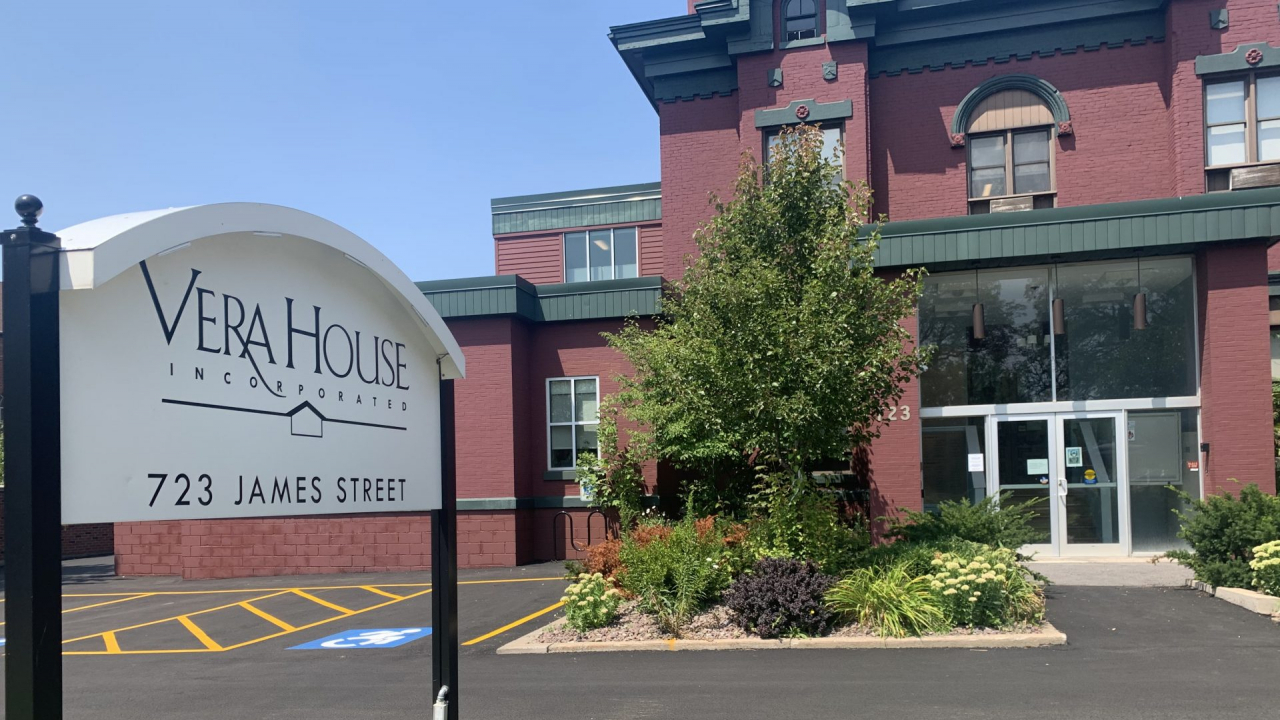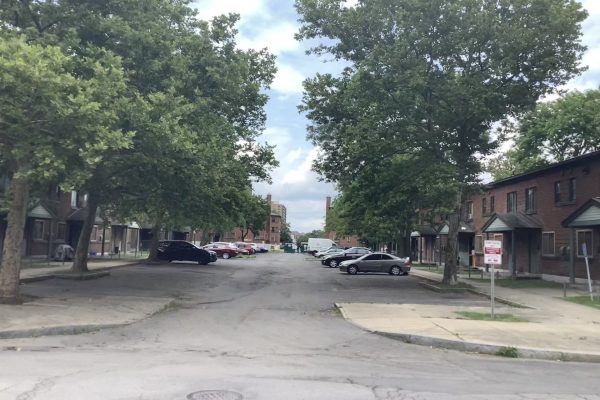
SYRACUSE, N.Y. (NCC News)— With the global spread of COVID-19, the risk of sexual assault cases has increased in Syracuse.
Evidence shows that rate of sexual assault increases during a state of emergency such as a health crisis. According to Harvard Medical School Primary Care Review, sexual assault cases were increased by 45% during Hurricane Katrina. The stress, fear and sense of helplessness tend to increase risk factors for violence against women.
A prevention educator at Vera House, Eli Plvan-Franke says he has seen a rise in client services due to COVID-factors, however, the abuser is the main perpetrator.
“The state of emergency for COVID is traumatic. They all contribute to the proclivity of violence and abuse but they are not the direct cause. The direct cause will always be the abuser,” said Plvan-Franke.
Syracuse University released its newest survey on “Sexual and Relationship Violence” in December of 2020. The survey shows 95% of students who said they were sexually assaulted on campus did not file a report. Only 5% of students are willing to report to campus authorities.
The Trump-era Title IX updates have complicated the report and campus conduct. Secretary of Education Betsy Devos narrowed the definition of sexual misconduct and required college campuses to have live hearings with cross-examinations of the abuser and survivor.
In the survey, COVID-19 factors such as financial stress, stay at home orders or online counseling were not addressed. Many victims of abuse were either stuck with their abusers, couldn’t get in-person counseling or sent back to toxic environments.
Syracuse University student, Lucy Stover says COVID-19 restrictions made it harder for her healing process after being sexually assaulted twice on and off campus.
“You have to deal with your roommate in the room. Are the people in the hallway going to hear you,” said Stover. “There is no sense of privacy when stuff is online.”
Stover believes COVID-19 contributes to the spikes of sexual abuses, however, with her own experience of being a sexual assault survivor, the toxic environment in society makes it even harder.
“With the whole discussion of the #MeToo Movement and reporting sexual assault, it should be easy to talk about but it isn’t,” said Stover. “We’re not talking about it enough.”
For Syracuse residents experiencing sexual assault, Plvan-Franke advises to reach out to Vera House or Vera House’s Crisis and Support Line at (315) 468-3260.




